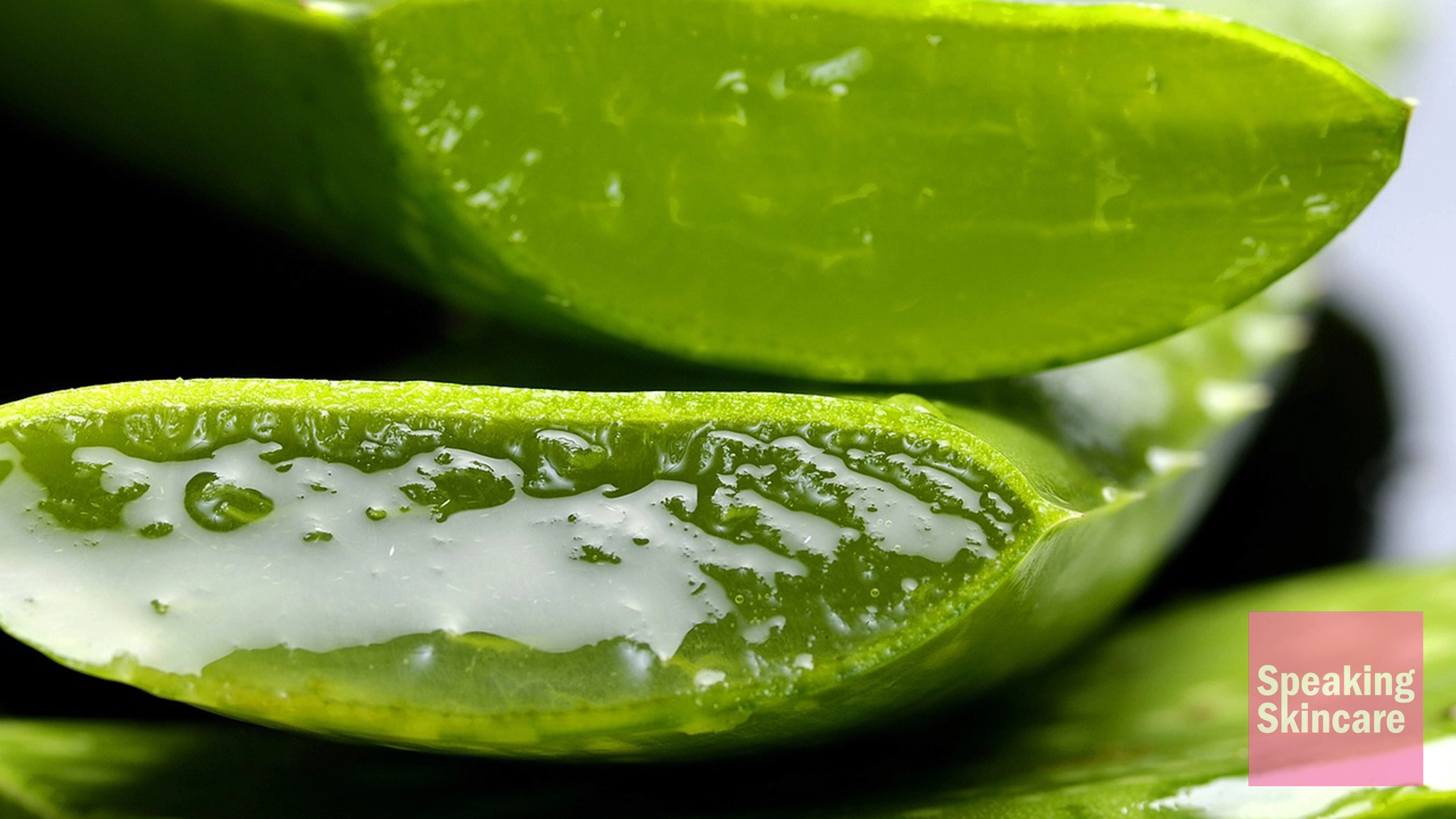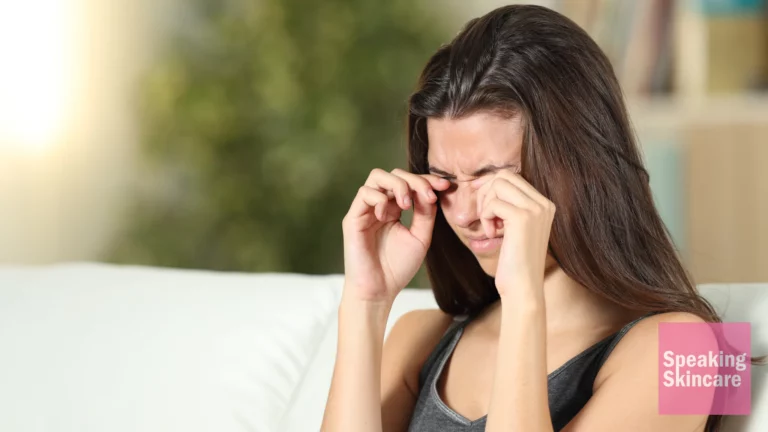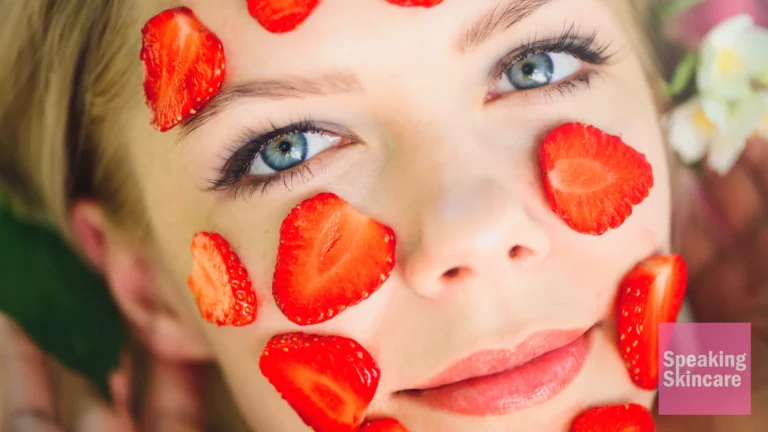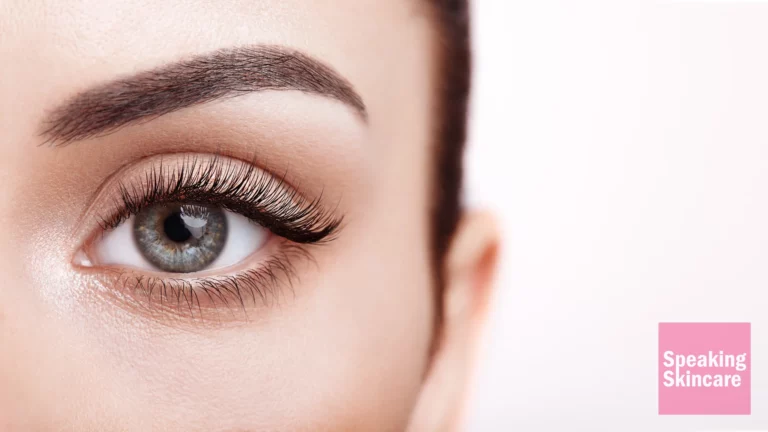If you’re struggling with pimples, dark spots, and acne, you’re not alone. These pesky issues can be frustrating and have a negative impact on your self-esteem. Fortunately, aloe vera can be an amazing treatment option. Learning how to use aloe vera for your face can be a lifesaver in the skincare department.
Today, we’ll explore the amazing benefits of aloe vera and how it can help treat pimples, dark spots, and acne. So, let’s get to it!
What is Aloe Vera?
Aloe vera is a succulent plant that has been used for centuries for medicinal purposes. It’s known for its gel-like substance inside its leaves, which is rich in vitamins, minerals, and antioxidants that nourish and heal the skin.[1] Aloe vera has been used throughout history to treat various skin conditions, including burns, wounds, and inflammation. It’s a natural and effective ingredient that can work wonders for your skin.
Aloe vera also contains antioxidants like vitamins C and E, which can help to fight against skin damage caused by free radicals. This is important because free radicals can accelerate the aging process and contribute to the formation of dark spots on the skin.
Today, aloe vera is widely used across the cosmetics and beauty industry to provide people with healthy, glowing skin. We’re not saying it’s a miracle cure for pimples, dark spots, and acne, but it’s pretty darn close.
The causes of pimples, dark spots, and acne
Before we dive into how to use aloe vera to treat pimples, dark spots, and acne, let’s take a look at what causes these issues in the first place.
- Pimples: Pimples occur when the pores on the skin become clogged with oil, dirt, and dead skin cells. This buildup creates a favorable environment for bacteria to grow, leading to inflammation and the formation of a pimple. Hormonal changes, stress, poor diet, and genetics can all contribute to the development of pimples.
- Dark spots: Also known as hyperpigmentation, dark spots can be caused by a variety of factors, including sun damage, hormonal changes, and inflammation. When the skin is exposed to UV radiation, it produces an excess of melanin to protect itself, leading to the formation of dark spots. Hormonal changes, such as those that occur during pregnancy or menopause, can also contribute to the development of dark spots. Inflammation caused by acne, eczema, or other skin conditions can also lead to the formation of dark spots.
- Acne: Acne is a more severe form of pimple that can be caused by a combination of factors. Hormonal changes, particularly during puberty, can trigger the production of excess oil, leading to clogged pores and the formation of acne. Stress, poor diet, and genetics can also contribute to the development of acne. Additionally, certain medications, such as corticosteroids or lithium, can cause acne as a side effect.
How to use aloe vera for pimples
When using aloe vera for pimples, be sure to test it on a small area of skin first to make sure you don’t have an allergic reaction. If you experience any redness, itching, or irritation, stop using it immediately. Some people may have unknown allergies, so we always need to take a safety-first approach.
With that being said, here are some tips on how you can use aloe vera on pimples:
- Apply aloe vera gel directly to the pimple: Use a cotton swab or your fingertips to apply a small amount of aloe vera gel directly onto the pimple. Leave it on for 15-20 minutes before rinsing it off with water. Aloe vera gel contains antibacterial properties that can help to reduce inflammation and kill the bacteria that cause pimples.
- Mix aloe vera with tea tree oil: Mix a small amount of aloe vera gel with a drop or two of tea tree oil. Apply the mixture directly onto the pimple, leaving it on for 10-15 minutes before rinsing it off with water. Tea tree oil is a natural antibacterial that can help to kill the bacteria that cause pimples, while aloe vera can soothe the skin and reduce inflammation.
- Use aloe vera as a toner: Mix equal parts of aloe vera gel and water to create a toner. Apply the toner to the skin using a cotton ball, paying special attention to areas with pimples. Aloe vera toner can help to balance the skin’s pH, reduce inflammation, and prevent new pimples from forming.
- Combine aloe vera with honey: Mix a small amount of aloe vera gel with a teaspoon of honey. Apply the mixture to the pimple, leaving it on for 10-15 minutes before rinsing it off with water. Honey has antibacterial properties that can help to kill the bacteria that cause pimples, while aloe vera can soothe the skin and reduce inflammation.
- Use aloe vera as a spot treatment: Apply a small amount of aloe vera gel directly onto the pimple and leave it on overnight. This can help to reduce inflammation and kill bacteria while you sleep. Be sure to wash your face in the morning to remove any residue.
Homemade aloe vera remedies for dark spots
Aloe vera is also an effective natural homemade remedy for dark spots. It contains aloin, a compound that helps to lighten the skin and reduce the appearance of hyperpigmentation.
Here are some ways you can use aloe vera to treat dark spots:
Aloe vera gel
Apply aloe vera gel directly to the affected areas and leave it on for 30 minutes. Rinse it off with cool water and pat dry. Do this once or twice a day for several weeks to see results.
Aloe vera and lemon juice
Mix equal parts of aloe vera gel and lemon juice in a bowl. Apply the mixture to your dark spots and leave it on for 20 minutes. Rinse it off with cool water and pat dry. Lemon juice contains citric acid, which can help to lighten the skin even further.
Aloe vera and honey
Mix 1 tablespoon of aloe vera gel with 1 teaspoon of honey in a bowl. Apply the mixture to your dark spots and leave it on for 15 minutes. Rinse it off with cool water and pat dry. Honey has antibacterial properties that can help to reduce inflammation and redness.
Aloe vera and vitamin E oil
Mix 1 tablespoon of aloe vera gel with a few drops of vitamin E oil in a bowl. Apply the mixture to your dark spots and leave it on for 20 minutes. Rinse it off with cool water and pat dry. Vitamin E oil is rich in antioxidants that can help to repair and protect the skin from damage.
Aloe vera and green tea
Mix 1 tablespoon of aloe vera gel with 1 teaspoon of brewed green tea in a bowl. Apply the mixture to your dark spots and leave it on for 30 minutes. Rinse it off with cool water and pat dry. Green tea contains antioxidants that can help to reduce inflammation and protect the skin from further damage.
Aloe vera for acne
Acne can be a complex skin condition to manage, but aloe vera can be a helpful addition to your acne-fighting routine.
Here are some ways to use aloe vera to help treat your acne:
- Aloe vera as a spot treatment: Apply a small amount of aloe vera gel directly onto your acne spots. Leave it on for 10-15 minutes, then rinse it off with cool water. Repeat this process 1-2 times per day until your acne clears up.
- Aloe vera and tea tree oil face mask: Mix 1 tablespoon of aloe vera gel with 2-3 drops of tea tree oil. Apply the mixture onto your face and leave it on for 10-15 minutes. Rinse it off with cool water and pat your skin dry. Repeat this process once a week to help fight acne-causing bacteria and reduce inflammation.
- Aloe vera and honey face mask: Mix 1 tablespoon of aloe vera gel with 1 tablespoon of raw honey. Apply the mixture onto your face and leave it on for 10-15 minutes. Rinse it off with cool water and pat your skin dry. Repeat this process once a week to help soothe and moisturize your skin while reducing inflammation and fighting acne.
- Aloe vera and green tea face mist: Brew a cup of green tea and let it cool. Mix 2 tablespoons of aloe vera gel with the cooled green tea in a spray bottle. Shake well and spritz the mixture onto your face throughout the day to help reduce inflammation and fight acne-causing bacteria.
Conclusion
Aloe vera is incredible. When you use aloe vera on your face, your pimples, dark spots, and acne concerns can significantly improve.
With consistent treatment, aloe vera can help your skin get back to its best. However, remember to do a patch test before diving into the deep end to identify any potential allergies.
References[+]




